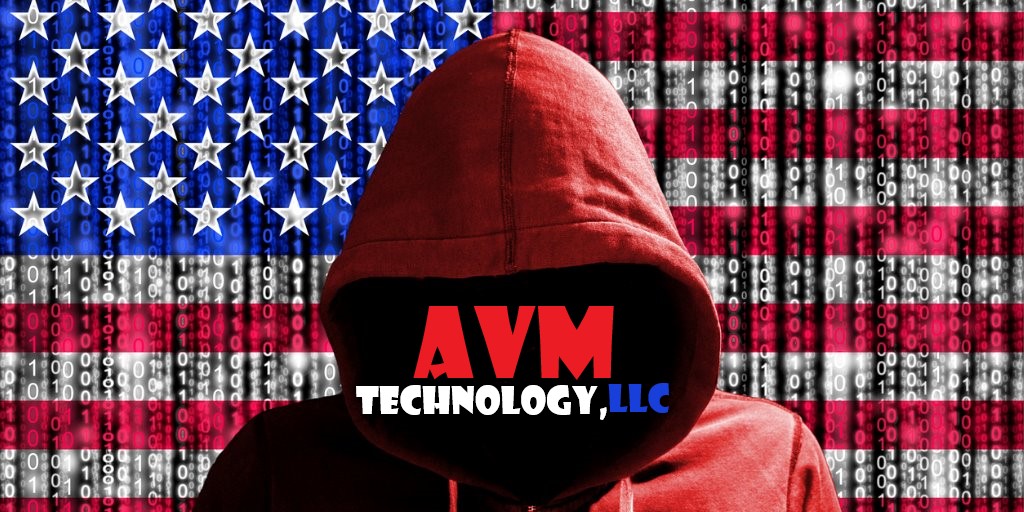Spoliation - The Destruction of Evidence
- Log in to post comments
Computer forensics involves the recovery and analysis of digital evidence. As such, a computer forensics expert frequently encounters cases involving the concealment or destruction of evidence. We previously discussed issues related to the destruction of evidence and spoliation and used as example the Virginia computer forensics case of Trigon v. U.S.
An important aspect in issues involving spoliation or destruction of evidence is whether the individual had the Intention To Destroy Evidence. Once a court concludes that a party was obliged to preserve the evidence, it must then consider whether the evidence was intentionally destroyed and the likely contents of that evidence. Reference to the intentional destruction of documents does not imply that bad faith is necessary for the imposition of sanctions for spoliation. In Vodusek, the Fourth Circuit upheld a spoliation inference on the basis that the agent of the plaintiff acted intentionally in his investigation, which resulted in the loss of the relevant evidence. The court noted that an adverse inference about a party’s consciousness of the weakness of his case cannot be drawn merely from his negligent loss or destruction of evidence; the inference requires a showing that the party knew the evidence was relevant to some issue at trial and that his willful conduct resulted in its loss or destruction. Some quantum of blameworthiness is required before sanctions for spoliation may obtain.
